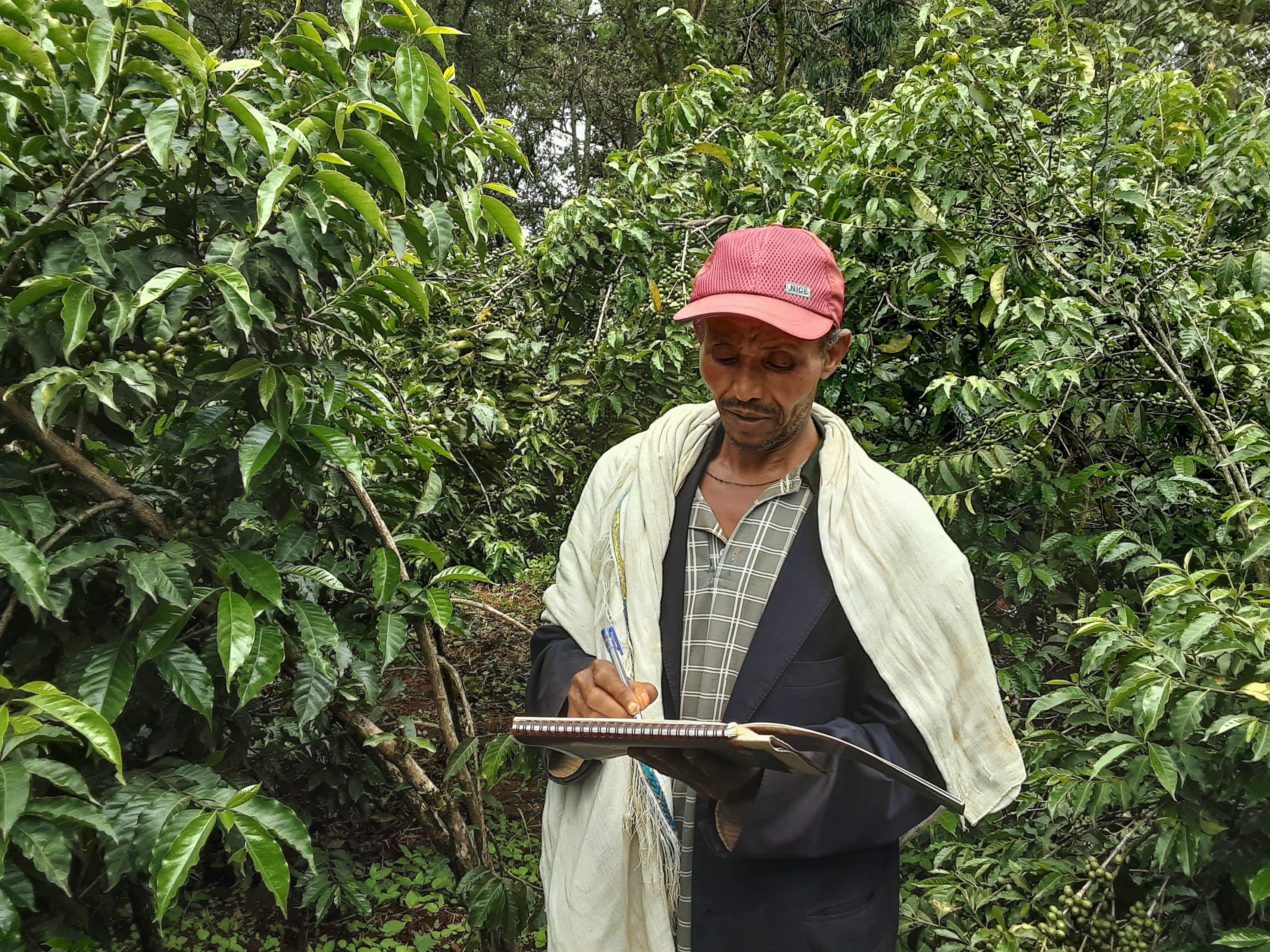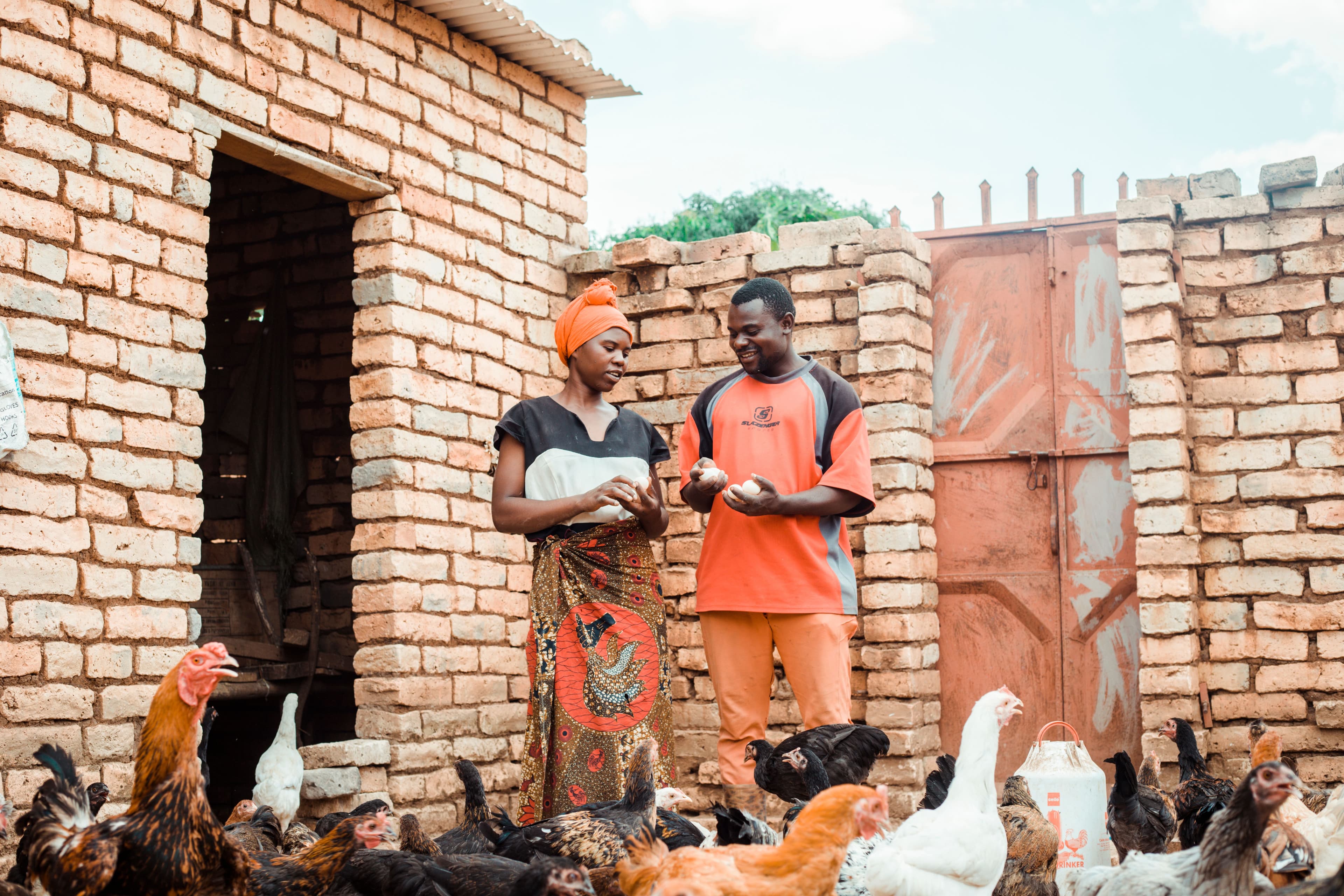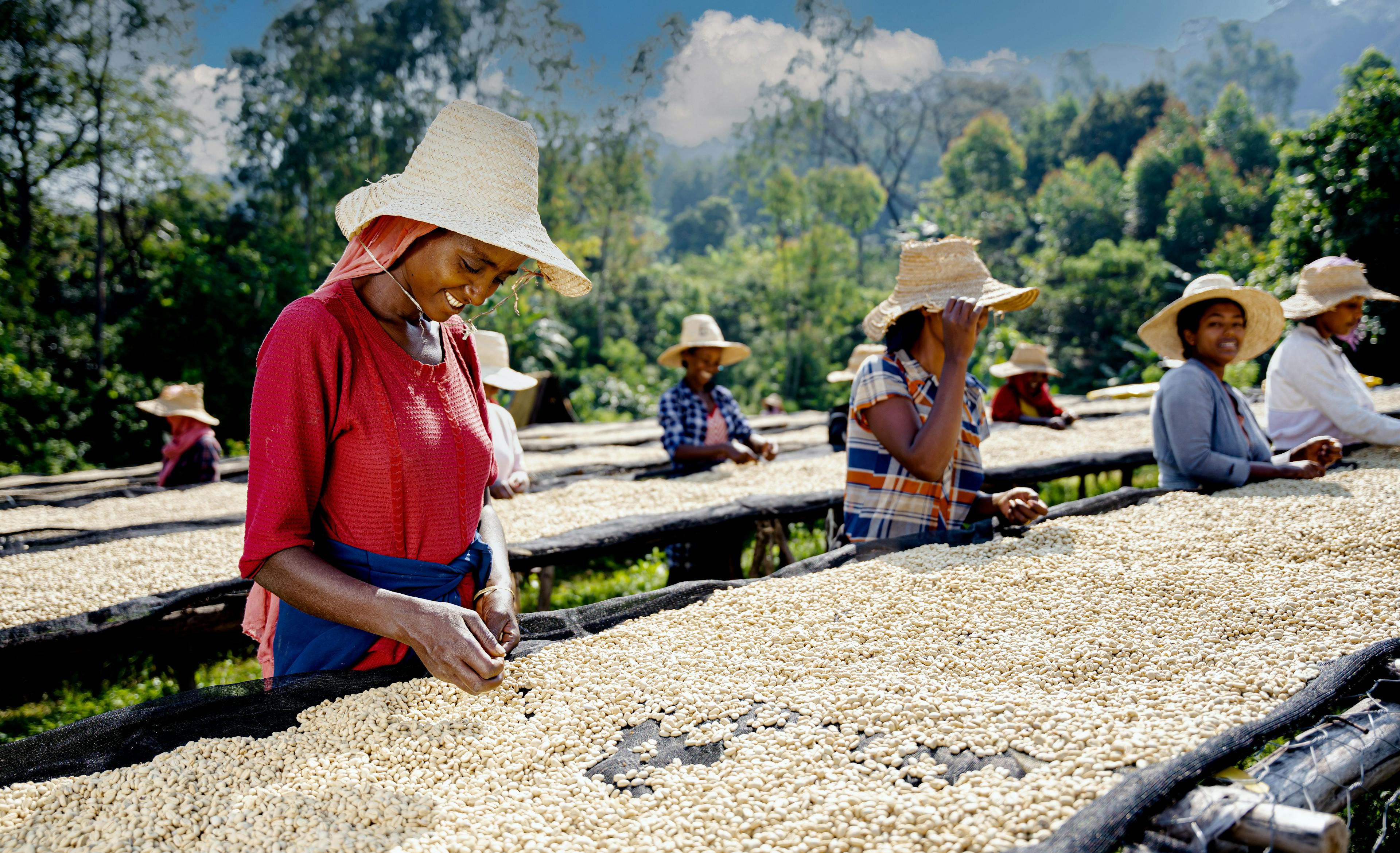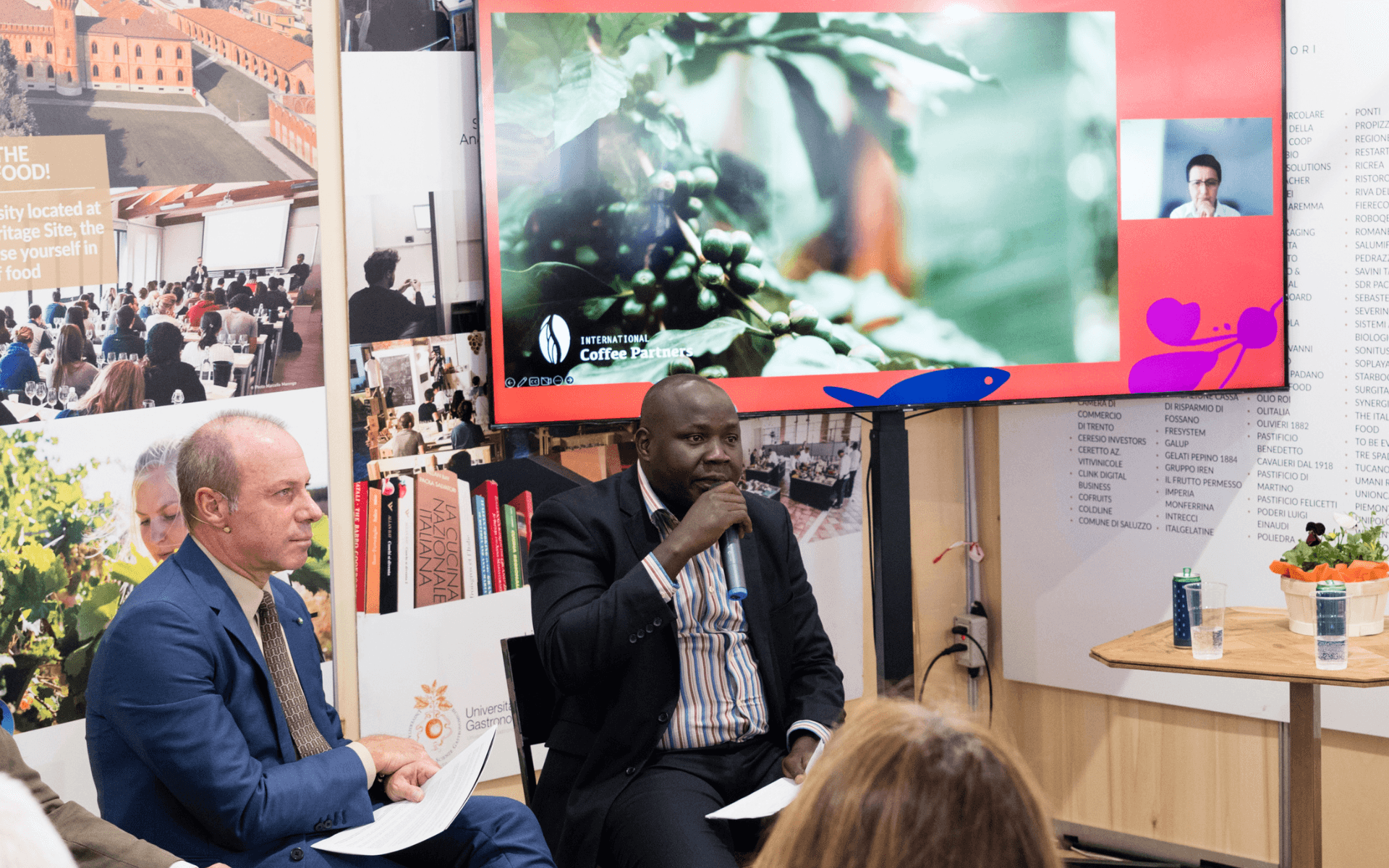
Endline Report for CAFÉ-II Project in Ethiopia
Despite setbacks from the COVID-19 pandemic and regional conflict, the
CAFÉ-II project in Ethiopia successfully provided support to approximately 2,500 coffee farmers, farmer organizations, women and youth, in the Amhara region between October 2019 and December 2024. The project’s focus was on enhancing livelihoods and competitiveness through training and capacity building.
Main Activities and Impact
An Endline Evaluation Report for the CAFÉ-II project was finalized in March 2025 outlining the impact of the project’s main activities.
- Farmer Field School (FFS)
FFS sessions contributed to increased farming productivity and coffee production which consequently improved the income of farmer families and their livelihood situation. - Youth Engagement
The CAFÉ-II project has successfully engaged youth in agriculture through specialized training in coffee production, diversification and entrepreneurship. In particular, coffee seedling nursery management enhanced their contributions to families and local economies. - Gender
The CAFÉ-II project transformed gender dynamics in coffee-producing households through the Gender Household Approach (GHA). Traditional roles were challenged by empowering women, increasing female participation in cooperative leadership to 13%, and Farmer Field Schools Facilitators to 7% of the total. - Cooperatives
CAFÉ-II has significantly strengthened the capacity of cooperatives to support farmers focusing on better inclusion of youth and women and operational improvements. - Stakeholder Engagement
The CAFÉ-II project fostered stakeholder engagement and secured commitment through various activities, particularly by involving government bureaus like the Bureau of Finance, Regional Cooperative Promotion Authority and Bureau of Women, Children and Social Affairs.
Overall Conclusion
Transformative Impact on Coffee Production
The project significantly improved coffee yields, quality, and diversification in the Amhara region through the Farmer Field School initiative. The adoption of Good Agricultural Practices contributed to better farming techniques and increased productivity.
Advancements in Gender Equality and Household Dynamics
The Gender Household Approach led to greater participation of women in decision-making and cooperative leadership. The project fostered shared responsibilities and improved gender equity.
Youth Engagement in Agriculture
The project encouraged youth involvement in coffee farming and entrepreneurship, offering skills in nursery management and diversification.
Strengthening of Cooperatives
Cooperatives played a key role in improving market access, reducing reliance on middlemen, and increasing farmer incomes.
Stakeholder Collaboration
Collaboration between government agencies, cooperatives and farmers was crucial to the project’s success.
Recommendations based on Endline Evaluation
Youth Engagement
- Improve access to finance through microloans and youth-friendly credit programs.
- Develop specialized youth-targeted hands-on training modules on agribusiness and digital marketing.
- Diversify income sources through value addition (e.g. roasting, packaging) and additional income activities (e.g. beekeeping and intercropping).
Women Empowerment
- Expand Gender Household Approach (GHA) training to enhance joint decision-making and financial management.
- Improve women’s access to land, credit, and knowledge for coffee farming.
- Introduce labor-saving technologies to address workload imbalances (e.g. drying racks, small-scale processing machines).
Strengthening Cooperatives
- Encourage youth and women’s cooperative participation with incentives and leadership roles.
- Support cooperatives to better address operational challenges by investing in additional income sources and climate-smart farming to boost productivity and profit.
- Promote childcare support solutions in farming communities to enable women’s active participation in cooperative meetings and training sessions.
These steps will further strengthen farmer families, improve their livelihoods, and ensure sustainable coffee production in the Amhara region.



